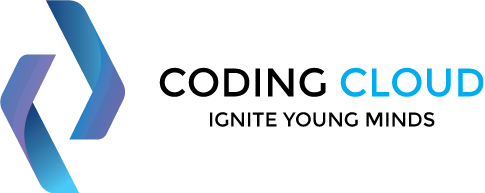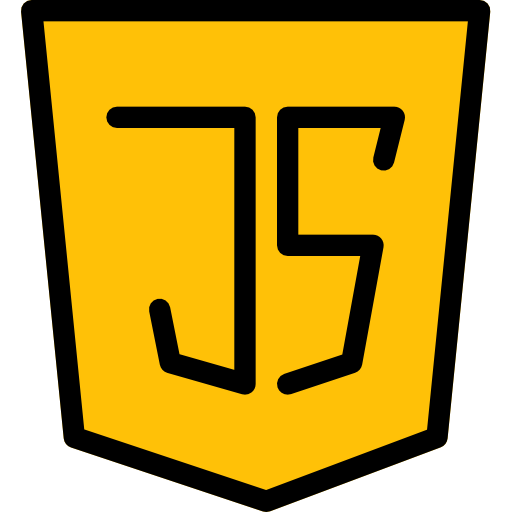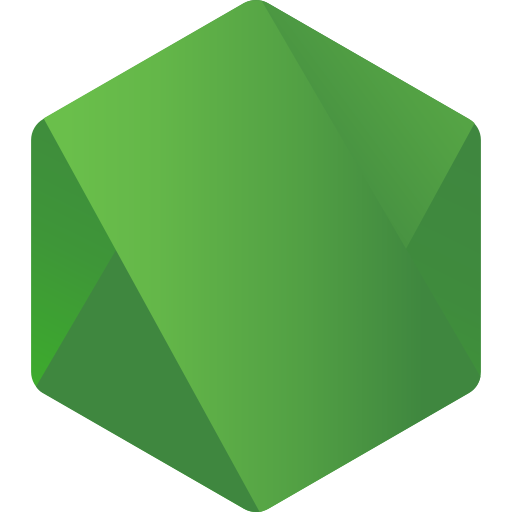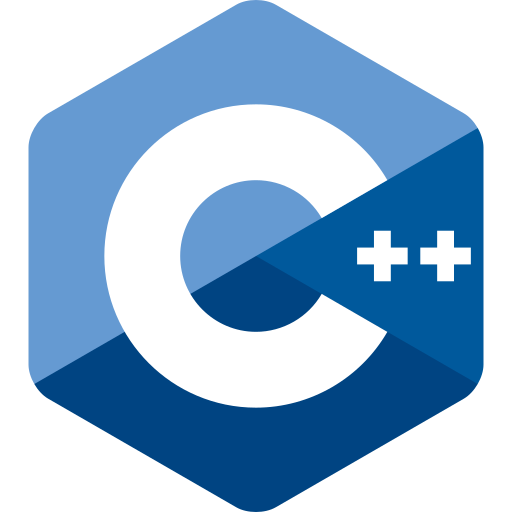
Durations: 40 hours
Lectures: 98
Students: Max 5
Level: All Levels
Language: English
Certificate: Yes
C++ Training Course
Welcome to our C++ Training Course! Our course is designed to provide a comprehensive introduction to the C++ programming language, with a focus on building practical skills that can be applied in real-world scenarios.
Download PDF
What Will I Learn?
-
Introduction to Programming

-
Basic C++ Syntax: C++ syntax, including data types

-
Operators, control structures, loops, and functions.

-
Arrays and Pointers: How to use arrays and pointers in C++ programs.

-
Object-Oriented Programming: An introduction to object-oriented programming concepts, including classes, objects, inheritance, and polymorphism.

Course Schedule
-
4 - Week Program

-
3 Sessions a Week

-
1 Hour for Each Session

-
The Next Session Begins Every Monday

ENROLL NOW
Access this course now
Material Includes
-
Certificate of Completion

-
Access on Mobile & Laptop

-
Notes

Audience
-
Students and Recent Graduates

-
Software Developers and Programmers

-
IT Professionals

Course Content
History Of C++
Structure Of C++
Comments
Keywords
Identifiers
Scope Of Variable
Declaration Of Variable
Constants
Data Types
Integer Data Type
Float Data Type
Character Data Type
Storage Classes
Comments
Arithmetic
Relational
Logical
Assignment
Conditional
Arrays
Strings
Structures
Pointers
Output Stream (cout)
Manipulators
Input Stream (cin)
Conditional Control Statements (If, If-Else)
Conditional Control Statements (Nested If-Else, If-Else-If Ladder)
Multiple Branching Control Structure (Switch-Case)
Loop Control Statements (While, Do-While, For)
Nested Loops
Break
Continue
Goto & Return
Defining a Function
Calling a Function
Return Statement
Function Prototype
Basic Function Designs
Scope
Reference Variable
Parameter Passing Methods
Function Overloading
Inline Functions
Object
Class
Abstraction
Encapsulation
Inheritance
Polymorphism
Constructors
Properties Of Constructors
Types Of Constructors
Constructor Overloading
Constructors With Default Arguments
Destructors
Differences Between Constructors & Destructors
Static Data Members
Static Member Functions
Constant Data Members
Constant Member Functions
Types Of Errors
Benefits Of Exception Handling
Try, Catch, Throw Keywords
Throwing An Exception
Catching An Exception
Nested Try Blocks
What is C++ ?
C++ is a general-purpose, object-oriented programming language that was first created in 1983 by Bjarne Stroustrup as an extension of the C programming language. It is a compiled language, meaning that the source code must be compiled into machine code before it can be executed.
C++ is widely used in a variety of applications, from system software like operating systems and device drivers to desktop and mobile applications, games, web applications, and even high-performance computing. It is known for its powerful features, including low-level memory manipulation, strong type checking, and support for object-oriented programming concepts such as encapsulation, inheritance, and polymorphism.
C++ has evolved over the years with several standardized versions, including C++11, C++14, C++17, and C++20, with each version bringing new features and improvements to the language. It remains a popular choice for many developers due to its performance, flexibility, and versatility.
Read More
Uses of C++ In The Industry
C++ is used extensively in the industry for a wide range of applications. Here are some common uses of C++:
System Software: C++ is widely used in developing system software like operating systems, device drivers, firmware, and embedded systems. It provides low-level control over hardware and memory management, which makes it ideal for these types of applications.
Game Development: C++ is a popular choice for game development due to its performance, memory management, and support for object-oriented programming. Many game engines like Unreal Engine and Unity use C++ as their primary programming language.
High-Performance Computing: C++ is used in high-performance computing applications, such as scientific simulations, numerical analysis, and data analysis. Its ability to manage memory and optimize code allows it to achieve faster performance compared to other languages.
Finance and Trading: C++ is used extensively in the finance and trading industry, where high-speed processing and low latency are critical. It is used in developing algorithmic trading systems, risk management tools, and other financial applications.
Web Browsers: C++ is used in developing web browsers like Google Chrome, Mozilla Firefox, and Microsoft Edge. The rendering engine and JavaScript engines of these browsers are written in C++, which provides the speed and performance required for web browsing.
Graphics and Image Processing: C++ is used in developing graphics and image processing applications, such as video game graphics, computer vision, and digital image processing. Its ability to manipulate memory and optimize code allows it to provide real-time rendering and processing.
These are just a few examples of the many uses of C++ in the industry. Due to its versatility, performance, and low-level control, C++ continues to be a popular choice for many developers and businesses.
Read More
Job Roles and Salaries For a C++ Developer
There are various job roles available for C++ developers, and the salary can vary depending on the job role, location, experience, and skills. Here are some common job roles for C++ developers and their average salaries:
Software Engineer: A software engineer is responsible for developing, testing, and maintaining software applications. The average salary for a software engineer with C++ skills is around $90,000 to $120,000 per year.
Game Developer: A game developer is responsible for developing video games using various programming languages, including C++. The average salary for a game developer with C++ skills is around $70,000 to $110,000 per year.
Embedded Systems Developer: An embedded systems developer is responsible for designing and developing software for embedded systems, such as microcontrollers, sensors, and other electronic devices. The average salary for an embedded systems developer with C++ skills is around $90,000 to $120,000 per year.
High-Performance Computing Developer: A high-performance computing developer is responsible for developing software for high-performance computing systems, such as clusters, grids, and supercomputers. The average salary for a high-performance computing developer with C++ skills is around $100,000 to $150,000 per year.
Financial Software Developer: A financial software developer is responsible for developing software for financial institutions, such as banks, insurance companies, and investment firms. The average salary for a financial software developer with C++ skills is around $100,000 to $150,000 per year.
Machine Learning Engineer: A machine learning engineer is responsible for developing and deploying machine learning algorithms and models. C++ is often used in the development of machine learning libraries and frameworks. The average salary for a machine learning engineer with C++ skills is around $120,000 to $180,000 per year.
These are just a few examples of the many job roles available for C++ developers, and the salary can vary depending on various factors.
Read More
